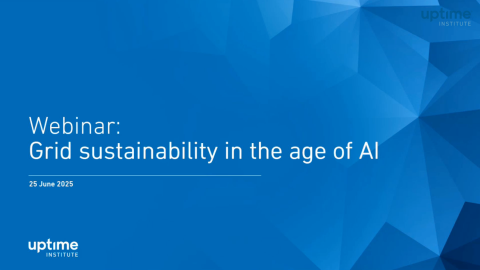The terms "retail" and "wholesale" colocation not only describe different types of colocation customers, but also how providers price and package their products, and the extent to which customers can specify their requirements.
filters
Explore All Topics
In 2025, three US states passed legislation to manage data center access to energy and water resources, protect residential electricity rates and mitigate electrical grid instability - which may prompt other states to follow suit.
Liquid cooling contained within the server chassis lets operators cool high-density hardware without modifying existing infrastructure. However, this type of cooling has limitations in terms of performance and energy efficiency.
This webinar discussed the latest cyberattack trends targeting digital infrastructure and explored common attack vectors against IT, OT, and IoT systems, analyzing the techniques used by malicious actors to compromise systems and disrupt data center…
The EU is stepping up efforts to implement the Energy Efficiency Directive for data centers by announcing a related energy efficiency package, due to be released in Q1 2026.
As Malaysia's data center market booms, the government has initiated regulations and standards to manage and direct energy use, efficiency and sustainability - building on emerging global policy trends.
Serverless container services enable rapid, per-second scalability, which is ideal for AI inference. However, inconsistent and opaque pricing metrics hinder comparisons. This pricing tool compares the cost of services across providers.
Serverless container services enable rapid scalability, which is ideal for AI inference. However, inconsistent and opaque pricing metrics hinder comparisons. This report uses machine learning to derive clear guidance by means of decision trees.
Current geopolitical tensions are eroding some European organizations' confidence in the security of hyperscalers; however, moving away from them entirely is not practically feasible.
Data center operators are increasingly aware that their operational technology systems are vulnerable to cyberattacks. Recent incident reports show a rise in ransomware attacks, which pose significant risks to data centers
Training large transformer models is different from all other workloads - data center operators need to reconsider their approach to both capacity planning and safety margins across their infrastructure.
Results from Uptime Institute's 2025 Cooling Systems Survey (n=1,033) focus on the usage of data center cooling systems across the industry, zeroing in on the continued adoption of direct liquid cooling.The attached data files below provide full…
Underground hot rocks are emerging as a source of firm, low-carbon power for data centers, with new techniques expanding viable locations. Compared with nuclear, geothermal may be better positioned to support planned data center growth.
The EU Commission has used a non-representative dataset to propose minimum performance standards (MPS) for PUE, WUE and REF, effective in 2030. The mandate risks the rebuilding of 30% to 40% of data center space in four years.
Uptime experts discuss and answer questions on grid demands and sustainability strategies while debating how to meet decarbonization goals.
 Dr. Owen Rogers
Dr. Owen Rogers

 Jay Dietrich
Jay Dietrich

 Max Smolaks
Max Smolaks
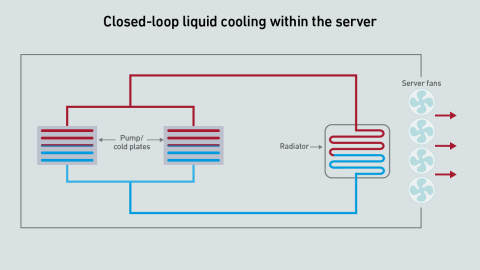
 Antonio Ramos
Antonio Ramos
 Lanre Rotimi
Lanre Rotimi
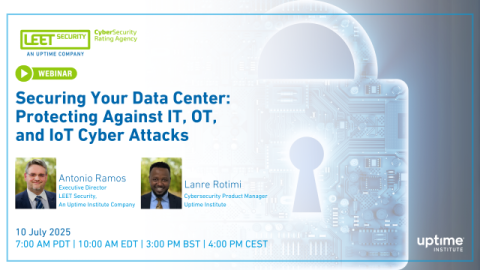
 Dr. Tomas Rahkonen
Dr. Tomas Rahkonen

 Seb Shehadi
Seb Shehadi


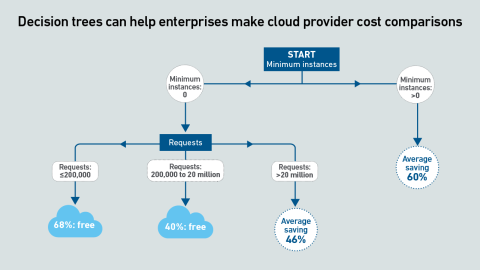
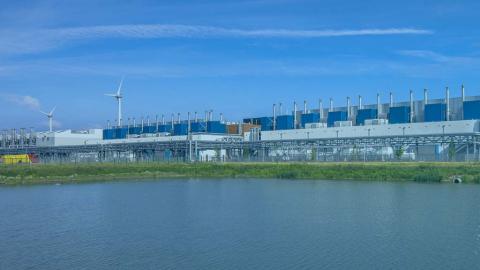
 John O'Brien
John O'Brien

 Daniel Bizo
Daniel Bizo

 Paul Carton
Paul Carton
 Anthony Sbarra
Anthony Sbarra
 Laurie Williams
Laurie Williams
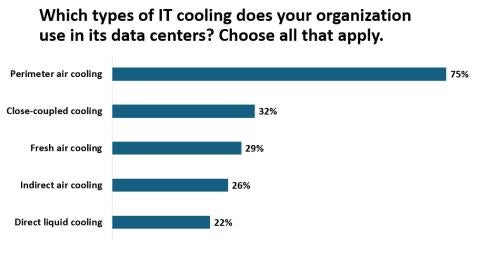
 Peter Judge
Peter Judge
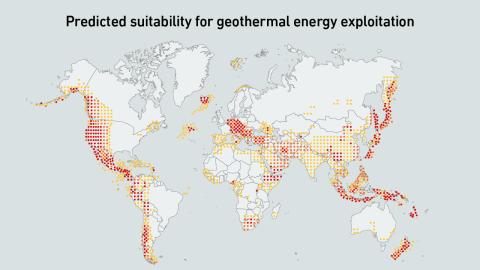

 Jay Paidipati
Jay Paidipati
